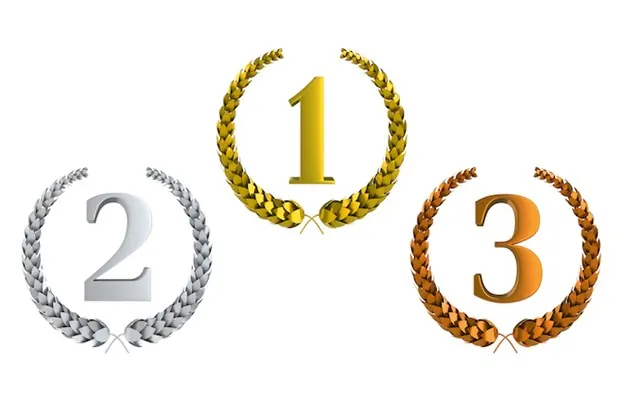The Top 50 U.S. Law Schools
The University of Virginia is the top law school in the nation, according to a new ranking.
Above The Law analyzed data across all 195 ABA-approved schools to determine the Top 50 Law Schools. The ranking is based on how effectively law schools enable graduates to secure legal employment.
VIRGINIA, CHICAGO, AND DUKE REIGN SUPREME
The top three spots for this year’s ranking went to the University of Virginia, University of Chicago, and Duke University.
The University of Virginia jumped to number one from third place last year in large part due to the law school’s high 97.18% legal employment rate. Additionally, nearly 97% of Virginia Law School grads pass the Bar on the first try.
The University of Chicago secured the second spot in this year’s ranking, up from number four last year. Nearly 94% of its grads secure full-time legal employment with a 97.1% first-time Bar passage rate.
Duke University landed at number three this year, down from number one last year. Nearly 95% of Duke law grads secured full-time legal employment and 94.44% passed the Bar on the first try.
BIGGEST GAINS AND LOSSES
Howard University made the biggest jump this year to number 33, up 13 points from last year. Villanova improved by 17 spots to secure number 47 this year. Boston College climbed 10 spots, from 26th last year to 16th this year.
The University of Illinois Urbana-Champaign experienced a significant drop, descending 25 spots from 19th to 44th. Similarly, the University of Georgia fell 12 positions, moving from 15th to 27th. The University of Kentucky slipped 11 spots, shifting from 37th to 48th. Cornell Law, which ranked number two last year, fell to number seven this year.
ABOVE THE LAW VS. U.S. NEWS
Stanford Law secured the top position in this year’s U.S. News rankings; however, it placed 15th on the Above the Law ranking. Conversely, the University of Virginia claimed the number one spot on Above the Law’s ranking but landed eighth in U.S. News. Additionally, Harvard and Yale all ranked in the top three in U.S. News, but fell below the top 10 for Above the Law.
While U.S. News considers factors like peer assessment, LSAT scores, GPA, acceptance rate, employment rates, and bar passage rates, Above the Law’s ranking emphasizes outcomes such as employment, debt, and salary metrics.
METHODOLOGY
There were a few key updates to this year’s Above the Law ranking. Debt is no longer considered separately but cost still carries weight. Additionally, the first-time bar passage rate has been added. As always, Above the Law’s Top 50 Law School Rankings prioritize what matters most: outcomes.
Below is the full methodology for this year’s Above the Law ranking.
Overall Score: A composite score based on weighted criteria, with a maximum of 100 points. Schools are incentivized for lower costs, debt, and admission rates.
Median LSAT: Median score of the 2023 incoming class.
Acceptance Rate: Ratio of offers to applications for the 2023 incoming class.
Projected Cost: Estimated cost for three years of law school, adjusted for regional cost of living.
Average Debt: Three-year average of per-graduate borrowing (2020-2022).
BIPOC Representation: Percentage of 2023-24 enrollment identifying as persons of color.
First-time Bar Passage Rate: Percentage of 2023 first-time bar exam takers who passed.
Full-time Legal Employment: Percentage of 2023 graduates in full-time, long-term jobs requiring bar passage.
Large Law Firm Jobs: Percentage of 2023 graduates in full-time, long-term positions in law firms with over 100 attorneys.
Public Interest Jobs: Percentage of 2023 graduates in full-time, long-term public interest positions.
Federal Clerkships: Percentage of 2023 graduates in full-time federal judicial clerkships, categorized in quintiles.
Sitting Federal Judges: Percentage of currently serving Article III judges who are alumni, categorized in quintiles.
SCOTUS Clerks: Percentage of U.S. Supreme Court clerks since 2019 who are alumni, categorized in quintiles.
Sources: Above the Law, Tipping the Scales


Questions about this article? Email us or leave a comment below.